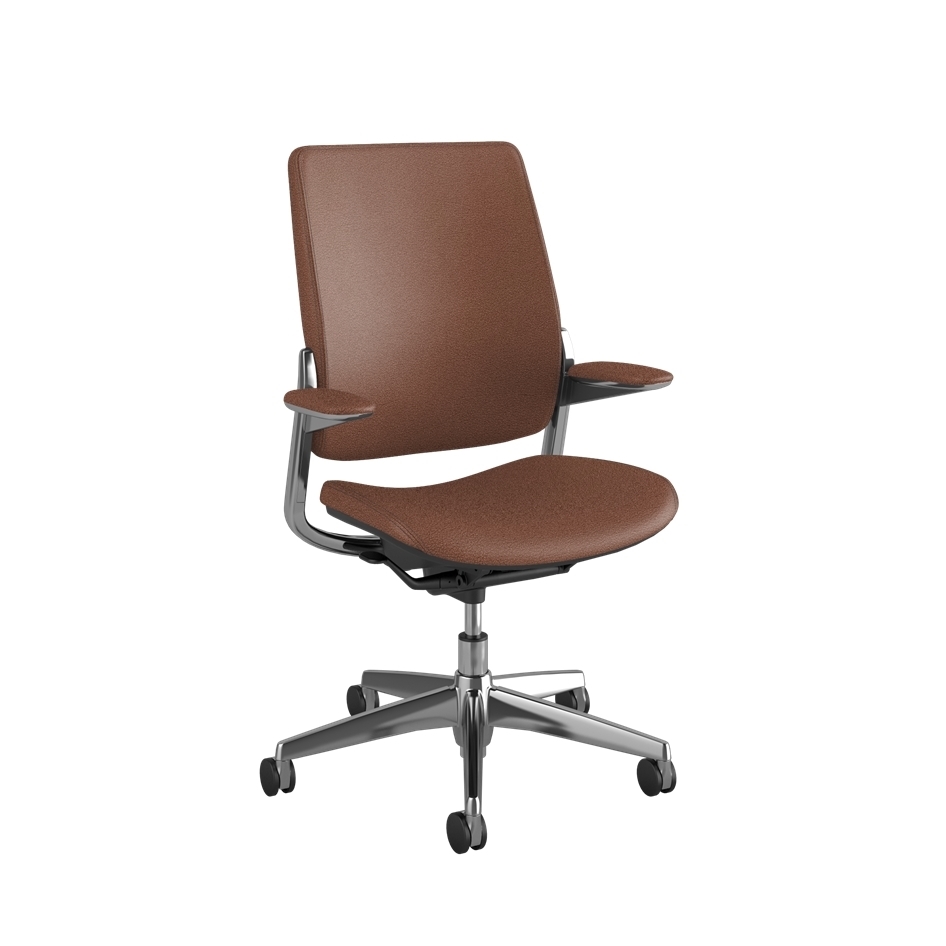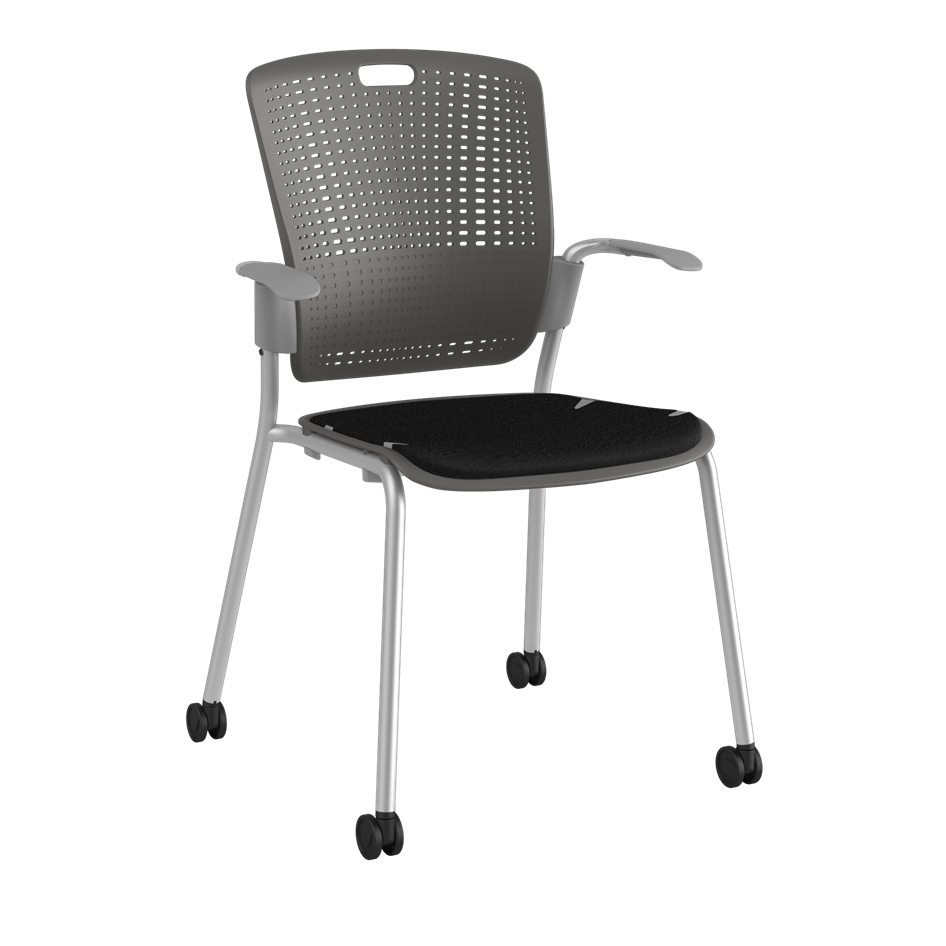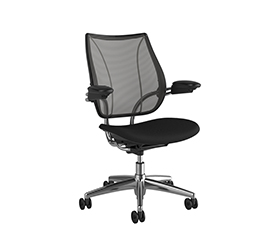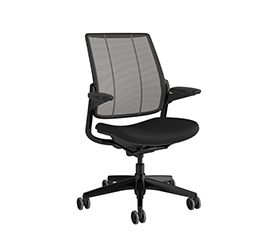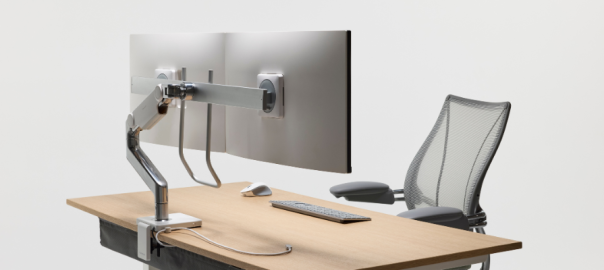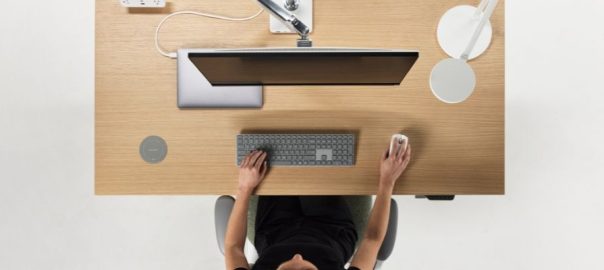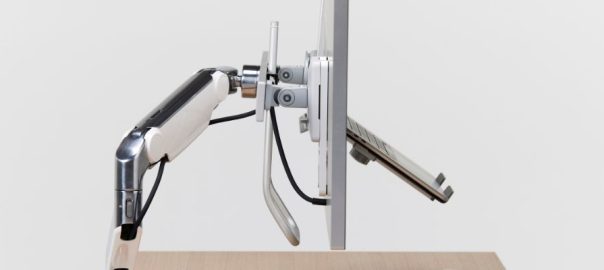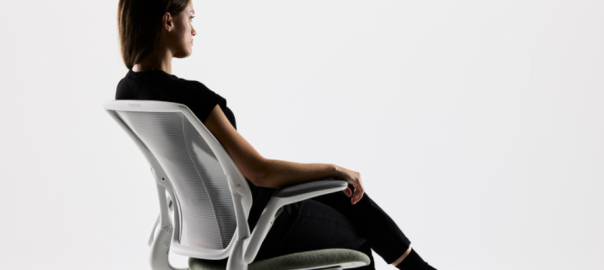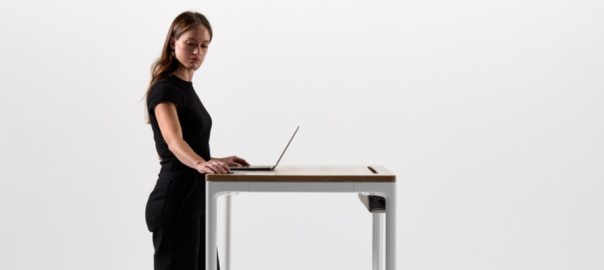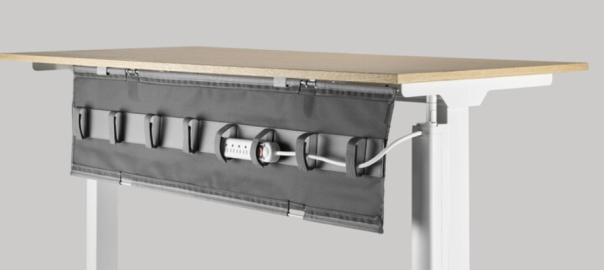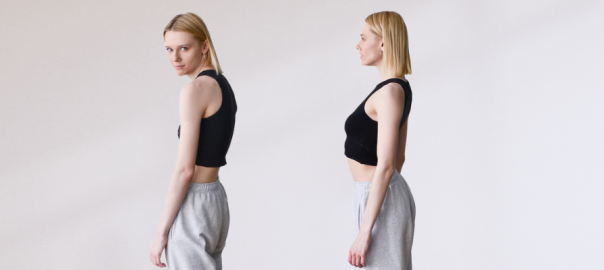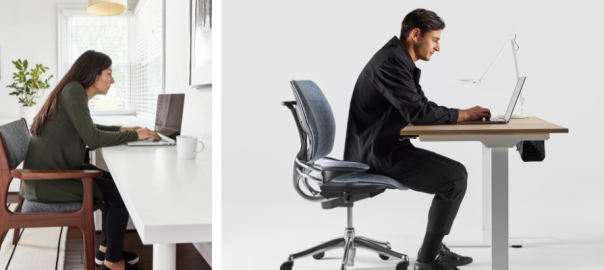Sustainable innovation and impeccable attention to detail are the keywords when it comes to design for Humanscale. Sathish Nandagopal, Director, S Cube Ergonomics, explains how the brand fuses technology with research while adopting best practices.
What are the prominent trends in workplace design?
The workplace design industry has witnessed a drastic change in the last five years.
Earlier, the office interior landscape was defined by high partition cubicles, 5×5 or 5×6 cabins, with divisions across the work floor. Then came the onset of linear desking — a trend that is characterised by partition-less offices, open workstations, large floor areas, etc. The need for ergonomic designs and solutions came in much later. It was a concept introduced to the Indian markets by US corporates and multinationals setting up offices here.
However, the implementation of ergonomic solutions, at large, is still at a very nascent stage in India. But this trend, too, has been evolving. Companies are constantly working towards adapting to millennials’ changing demands and requirements. Along with the increase in the demand for ergonomic solutions, companies are now planning collaborative and informal spaces, which constitute almost 50% of the floor space. From partitions and divisions to collaborative and creative spaces – the industry continues to adapt and evolve.
Now, with the introduction of collaborative and informal spaces in offices and in the aftermath of the pandemic, many companies have shifted to a hybrid working pattern. This is a system where a specific desk is not allocated or assigned to a single person but is used as per the need and availability of the employees.
Addressing these dynamic demands, I can proudly say that Humanscale is not a typical furniture company. We have a very focused approach. And one of the most intrinsic parts of our portfolio is ergonomic seating solutions. Humanscale entered the Indian market officially in 2009. Ergonomic seating solutions, which are now mandated as a necessity by many companies, 14 years ago were considered “non-essential”. Unlike India, employees in US and UK can sue their employers for unfit working conditions that result in health problems. As a ripple effect, the change in this mindset amongst the Indian market was brought about by global multinational corporates, who, while setting up offices in India, demanded the deployment of the same products here as the ones in their US and UK offices.
We haven’t delved into stagnant office components like desks and cabinets but have maintained and mastered our focus on moving elements such as chairs, monitor arms, keyboard trays, height-adjustable tables, etc. Since employees spend 70-80% of their time on a laptop or the computer, these elements and their design become one of the most critical aspects.
Especially with the hybrid working system, where multiple employees occupy the same chair at different times or in offices with multiple shifts, it’s difficult to maintain a chair’s adjustments – the height of the seat or the armrest, backrest setting, reclining angle, etc. This results in physical and mental discomfort for the employees as they have to adjust the chair’s setting every time they use one.
Now, being an ergonomic company, our vision has been to create “ universal ” products. This means the chair automatically adapts to the user’s posture, with minor or no adjustments. Our portfolio includes products with self-reclining technology, where the user is not required to adjust the chair’s settings too much. This allows companies to not worry about their employee’s comfort and reap the many benefits of hybrid working.
What are the different aspects taken into consideration while designing modern seating solutions for a hybrid era?
Research and development is the cornerstone on which Humanscale products are designed and built. This is what defines Humanscale as an “ergonomic” company and not just a “furniture company”. The market is flooded with products that do not cater to the need and requirements of a user. Many times seating systems are decked with features that the users are not even aware of or don’t know how to use. In fact, a recent study published by a US university states that any chair with more than four and above controls results in an upward trajectory of musculoskeletal disorders.
At Humanscale, we take pride in being called a “functional product company”, where we not only understand the well-being aspects of the end-users needs and made the controls simple to use and adjust. Instead of the user working towards adjusting the chair, the chair works and adjusts for them. And this is precisely where the brand’s products excel. The chair inexorably and intuitively attunes its critical controls such as recline tension, lumbar support, backrest angle, etc, based on each individual user’s weight, posture and comfort.
How is Humanscale contributing towards a sustainable future?
We take sustainability very, very, very seriously. Our products are not just defined by their aesthetics and ergonomics but also by its sustainability quotient. And the credit for this wholly goes to the CEO and founder of the company, Bob King. Humanscale is a reflection of his beliefs, cause for us it’s not just about selling a product, but also about what we give back to Mother Earth. Right from the company’s manufacturing facilities to the materials used in its final product to managing wastes going to landfills — being sustainable is not just a new trending buzzword for us, but the very principle on which Humanscale operates since its inception. And despite all its efforts, India is still at a very nascent stage in implementing sustainable measures, especially when it comes to workplace furniture. Even though suppliers and manufacturers like us have started addressing this seriously, there’s not much demand in the market. In fact Humanscale is the only company in the market that has a declared label that mentioned the whole list of components for most of its products, just like how ingredients are declared on food product packages.
We were the first company to convert ocean plastic into office furniture by using discarded fishing nets as raw materials to manufacture chairs. While other companies have set goals to be net positive (or net zero) in the next decade, Humanscale offers net positive products that customers can buy right now.
Published In:
Commercial Design: A Leading Business Enterprises & Industries Magazine


